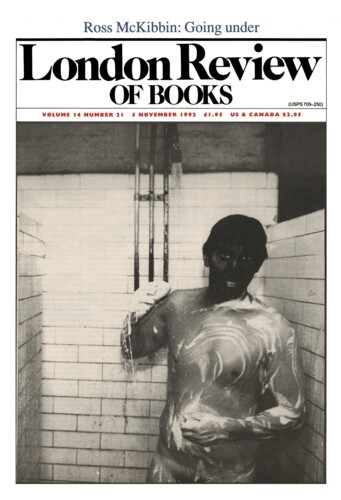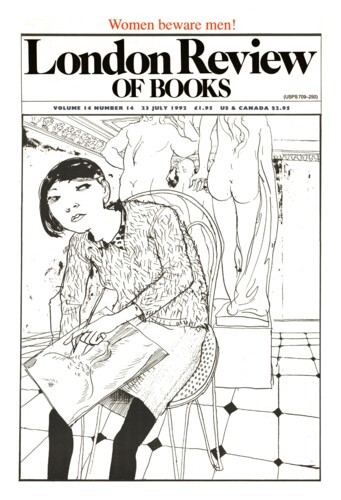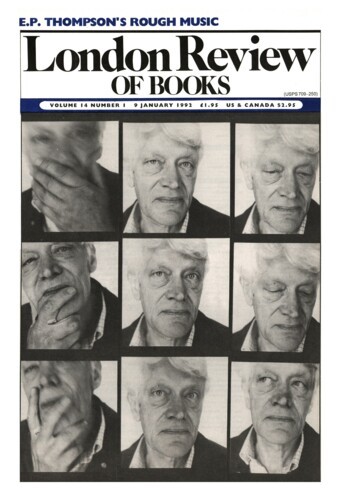Dear Miss Boothby
Margaret Anne Doody, 5 November 1992
Life is never perfectly happy for the hero of a Collected Letters. One of the things that letters rather than biographies display is how much incidental illness human beings tend to undergo, even those of reasonable health who are destined to make old bones. Johnson has all the 18th-century’s bluntness on matters of health. ‘The old flatulence distressed me again last...





